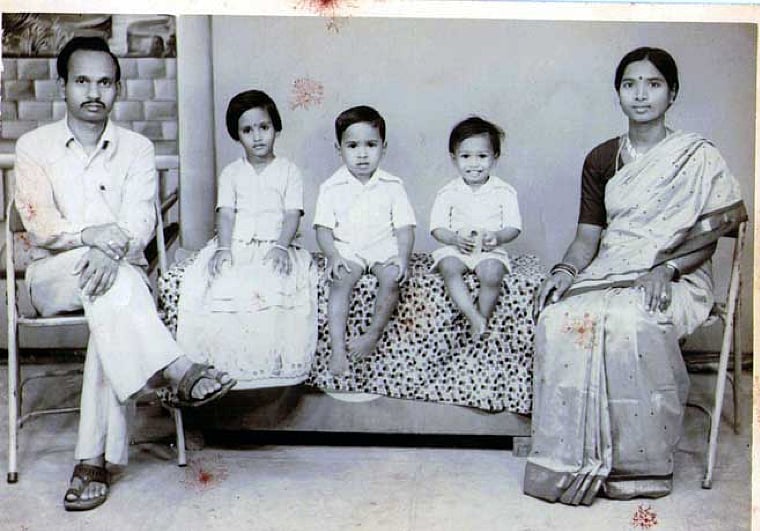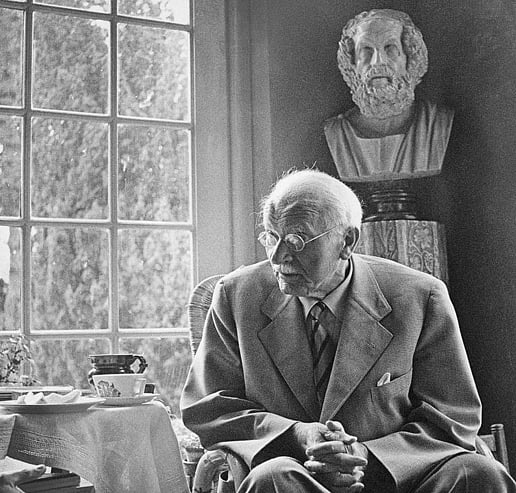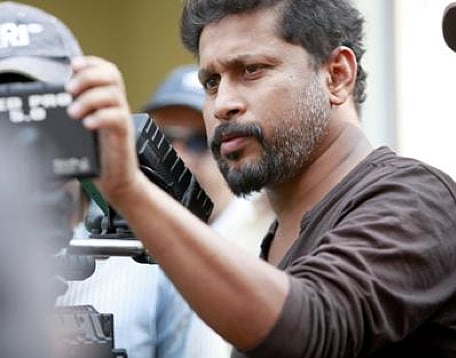Remembering APJ Abdul Kalam: The Missile Man who vouched for India’s Joint family system
One of APJ Abdul Kalam’s most cherished desires was nurturing a healthy joint family system. His vision showcased this with respect to concern about mental health. A scientist and a filmmaker agree

On 27th July 2015, APJ Abdul Kalam passed away. One of his most cherished desires was the joint family system – he called it the ultimate problem solver! Kalam’s vision showcased this with respect to concern about mental health – similar thoughts have been promoted by a scientist and a filmmaker.
The Supreme Court recently passed an order implying that if a woman files a domestic violence complaint against her husband, then the husband’s brother too is expected to pay her maintenance money if he was living with the couple.
Perhaps the court had only good intentions while pronouncing this judgment. However, there is one man who would have disliked this. He was one of India’s leading scientific minds who would have probably called such a judgment as an attack on India’s joint family system.

In fact, former President APJ Abdul Kalam felt that the joint family, to a great degree, could reduce even the poverty in India.
“You promote such type of a thing”, Kalam had told a group of well-known journalists and news anchors (video available online). He also mentioned frequently in his writings that: “The joint family system should be brought back in urban areas”.
Kalam’s website has a succinct mention of this belief. When asked how India can remain spiritual in this material age, he wrote:
“One of our strengths is our joint family system. In this system, a problem is no problem. In a nuclear family, a problem can destroy a family”.
He was implying that a large family unit can use different experiences and wisdom to come out of a problem – including an economic and a personal problem. When he mentioned this at a university in America, the audience was sceptical and even nervous (as per media reports). This is understandable – for how does living in a joint family promote the popular modern notion of individuality? Isn’t it better to be an ‘individual’ and set up a nuclear family with few members? To be with a few and with only those who think like you?
No. We have probably got an incorrect understanding of the idea of being an individual. Kalam’s ideas were more in tune with another man of science, the well-known psychiatrist Carl Jung. Jung clearly states in his writings that when an individual discovers his self, he will want to be with people and community. That’s the idea of self-discovery.
Individuality, therefore, is not isolation.
Jung states clearly that:
“Once we feel more secure as individuals, more complete within ourselves, it is natural also to seek the myriad ways in which we resemble our fellow human beings”.
And this seeking requires us to make an effort to be with others – to look for common elements.

If you think that Jung is outdated (he lived from 1875-1961), then perhaps filmmaker Shoojit Sircar’s thinking will interest you more. Shoojit, who has directed Piku and Vicky Donor among other films, recently stated in his tweet:
“All may not agree, but we must move back to our old way of living like joint families.. This may be the only solution/Medicine to curb all mental insecurities, loneliness and most important depression. Family umbrella secures our Mind.”
Eventually, he clarified that his idea of the joint family is progressive and not patriarchal – which implies that he does not wish for a system that subjugates women into doing housework. He speaks, plainly, of a system where we are guided by elders and siblings.

That Shoojit had to make such a clarification tells us the reason why Kalam’s message was not taken seriously. The media narrative does not support extensively the good stories around joint families. Kalam’s joint family made him what he is. Ditto for cricketer Sachin Tendulkar, and many, many others. However, as could be seen from the reaction towards Shoojit’s tweet, people believe that joint families were means to subjugate women. This is a flawed conclusion as women in nuclear families also complain of harassment and subjugation, as can be seen from the rising number of court cases about domestic violence and dowry demand. These cases are not limited to rural areas but include the rich and urban landscape.
And as per a news report in 2018, 40% of Mumbai youth are depressed. Certainly, these youth don’t live in joint families. Some do out of compulsions like poverty, but Mumbai doesn’t have a willing joint family system. And why do we need media to inform us about depression in cities? We can look around us, in our families, and find cases of isolation and sadness among people we know.
What Shoojit has mentioned in his tweet is priceless – the joint family can reduce insecurities, loneliness and depression. Of course, this is possible only when the members in such a family are ‘individuals’, which as per Jung implies that they know how to mix with others. Seeing the current trend of anti-depression medication, is it not a good idea to promote such a line of thinking?
Perhaps President Kalam knew about the issue of depression among children (he loved meeting them) and sought a solution. He was very clear in his words:
“Joint family means growth, prosperity, love, trust, blessings, unity. Nuclear family, you are finished."
The courts should take note.
Follow us on: Facebook, Twitter, Google News, Instagram
Join our official telegram channel (@nationalherald) and stay updated with the latest headlines
